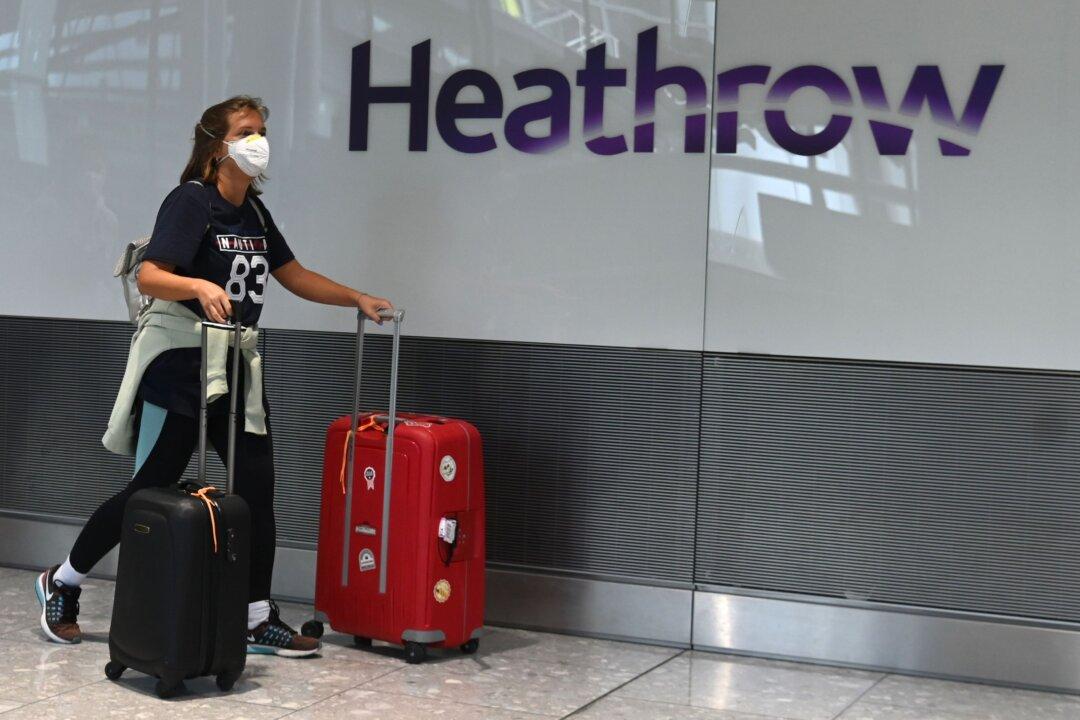The UK government has postponed until Monday mandatory proof of negative COVID-19 tests for travellers to England, to give travellers more time to prepare.
Earlier this week, the Department for Transport had said the start date would be Friday.


The UK government has postponed until Monday mandatory proof of negative COVID-19 tests for travellers to England, to give travellers more time to prepare.
Earlier this week, the Department for Transport had said the start date would be Friday.